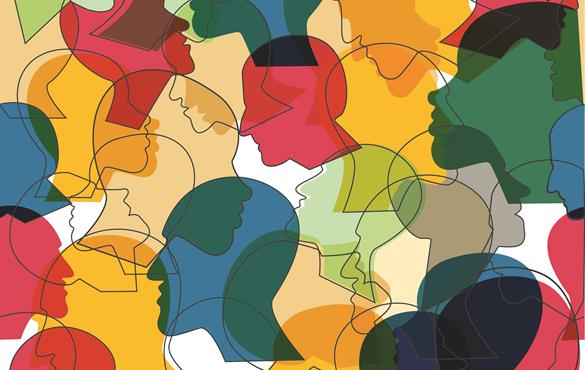Are outsiders influencing the issues we discuss before elections?
Yevgeniy Vorobeychik plans to develop a computational model that would determine how a malicious party could impact election outcomes by influencing which issues are most often in the public discussion

While politicians continue to argue whether outsiders impacted the 2016 U.S. presidential election, a computer scientist at Washington University in St. Louis plans to develop a computational model that would determine how a malicious party could impact election outcomes by influencing which issues are most often in the public discussion.
"Malicious parties can use various kinds of tricks to make people think about certain issues and not others," said Yevgeniy Vorobeychik, associate professor of computer science & engineering in the McKelvey School of Engineering. He recently received a three-year, $368,178 grant from the National Science Foundation for the work. "If you talk about some issues and never about other issues, people are going to focus on the issues that are talked about, as opposed to other things that may be equally or more important to them."
Vorobeychik said this work also would look into how to mitigate such influences. He plans to use simulations to build computational foundations for reasoning about these problems.
"I want to look at what sort of things make a difference, for example, if there are information sources that can be trusted and to what extent that helps," he said. "Are there things we can do that improve reliance on trusted information sources?"




